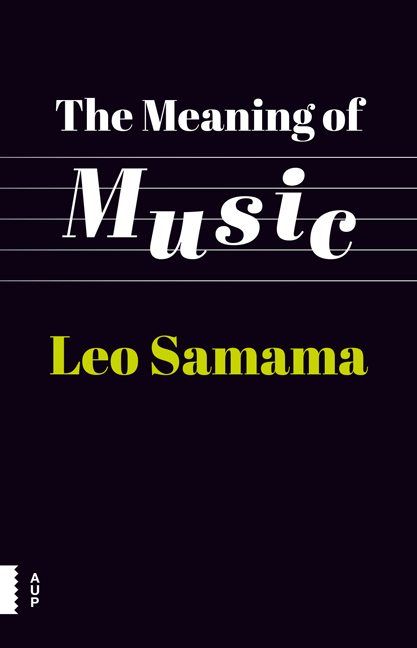12 - On Depth and Elevation
Published online by Cambridge University Press: 24 December 2020
Summary
One day a student asked me if I could tell him something about the term ‘depth’ in music. Everyone talks about it, and most people more or less understand what you mean, but can you define ‘depth’? That sort of question can put you on the spot as a teacher. Can we describe such a concept? Do we actually know what depth is? Depth in music: how often does a pupil hear, ‘You play the music with technical proficiency, but it lacks depth’? Or, ‘Can you give more depth to Beethoven's notes? At the moment the music is too superficial.’ The latter remark should provide some clarity. Apparently, depth is the opposite of superficiality. But how deep is deep? Is there some means of measurement? The depth of a boat is at least measurable and is therefore concrete, but that of music?
The expression ‘without depth’ is often used as an alternative for ‘superficial’, bringing ‘depth’ into association with the word ‘profound’. This is something about which you have to think a great deal, in which you need to immerse yourself in order to gain understanding. A person's profundity means that his thoughts are deep or many-layered, but in fact this is rather a relative term: many-layered in relation to what and whom? To other people or to yourself? We lack absolute terms for this.
A person who is used to thinking deeply about things and is intensively occupied with complex musical expression, might claim that a Nocturne by Chopin has little depth (by comparison with Beethoven's late string quartets, for instance), but that a performance of that Nocturne by Maurizio Pollini at least raises the piece above itself (which is to say, exceeds the expectations of that particular listener). Anyone who is unquestioningly bowled over by Chopin's Nocturnes can be disappointed by a performance that doesn't meet the ideal image that they have of both the music and its many possibilities in terms of performance. Judgements about ‘depth’ can therefore only be made in a relative sense.
If someone perceives a lack of depth during a performance of Chopin's music by Alfred Brendel, Maurizio Pollini or Lang Lang, then this says more about the listener than about Brendel, Pollini or Lang Lang.
- Type
- Chapter
- Information
- Meaning of Music , pp. 102 - 110Publisher: Amsterdam University PressPrint publication year: 2016



